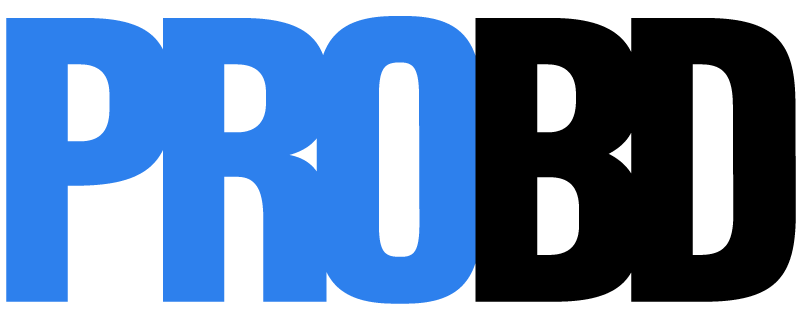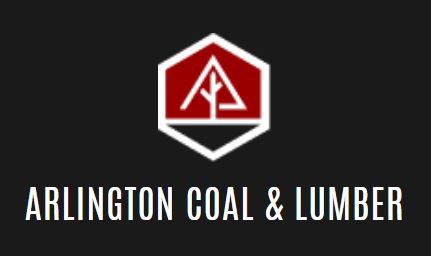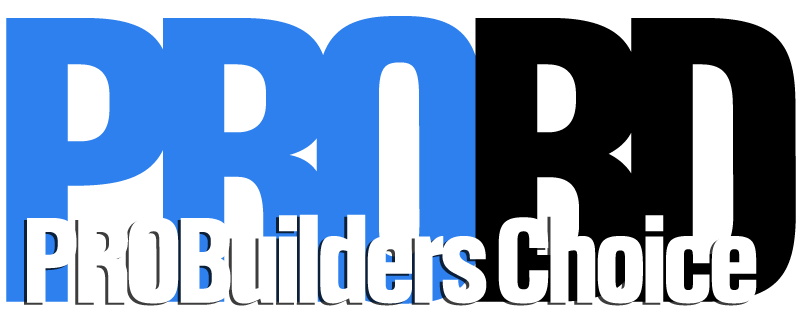DuPont has reformulated its Froth-Pak two-component polyurethane spray-foam insulation, removing hydrofluorocarbon (HFC) blowing agents and reducing the product’s overall global warming potential by more than 99 percent compared to previous formulations.
The updated spray foam insulation reduces global warming potential by more than 99 percent when compared to previous editions.
The product was created in accordance with DuPont’s 2030 Sustainability goals, and it complies with HFC and GWP regulations in the United States and Canada that are currently in effect or in the works.
Its greenhouse gas reductions are consistent with the Paris Climate Agreement goals, and it works on a more aggressive timetable than the Kigali Amendment to the Montreal Protocol.
The new Froth-Pak formulation is free of ozone-depleting chemicals and offers faster curing times, less overspray, and a higher closed cell content.
Using Froth-Pak spray foam in conjunction with an HVAC system, according to the manufacturer, can improve indoor air quality and reduce dust and allergen penetration in a given space.
“We are committed to the transition to more sustainable buildings while ensuring our products continue to deliver the high level of performance our customers trust and expect,” explains Amy Radka, retail marketing director for DuPont Performance Building Solutions.
Froth-Pak Spray Foam Insulation, a Class A fire-rated foam insulation designed for use in cavities, penetrations, cracks in rim joists, roof wall junctures, and around pipes and ducts up to 2 inches thick; and Froth-Pak Spray Foam Sealant, designed to fill penetrations and cracks in rim joists, roof wall junctures.












